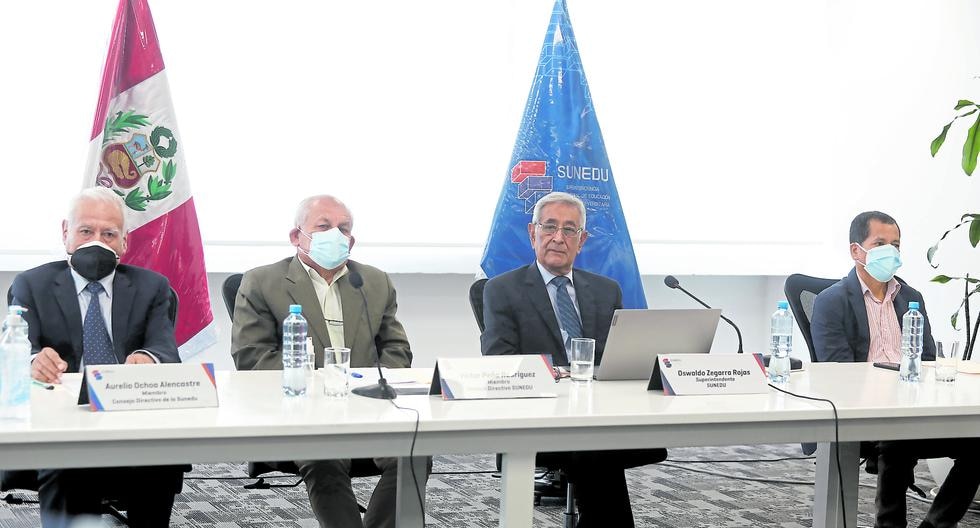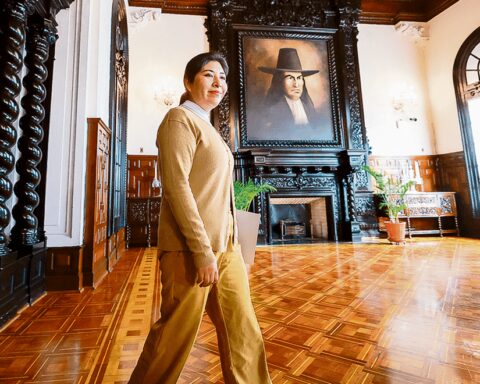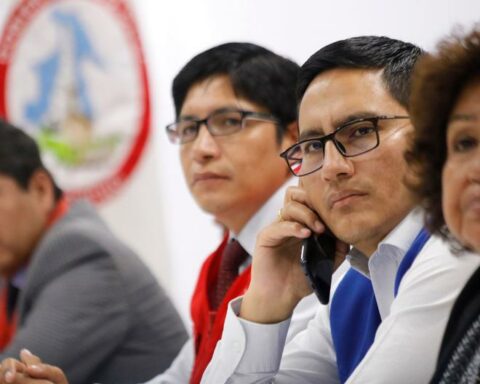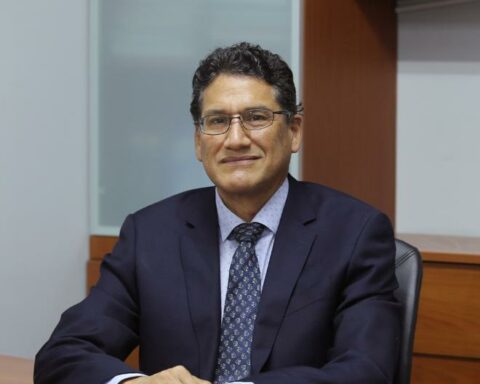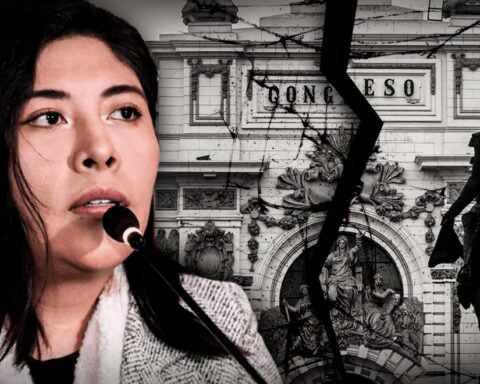They defend university reform. Given the law approved by Congress to “reestablish the autonomy and institutionality of the universities” through the modification of the composition of the Board of Directors of the Suneduthe superintendent of the entity, Oswaldo Zegarraannounced that it will take action to challenge the rule when it comes into force.
The law, which was approved – with 69 votes in favor – in the first vote by the plenary session last Tuesday, proposes that the Sunedu board of directors be made up of two representatives from state universities, one from the private ones, one from the Concytecone from Sineace, one from Minedu and another from the Council of Deans of Professional Associations of Peru.
Likewise, it establishes that the superintendent be chosen among the members of the council, while the representatives of the universities would be chosen “in a national call” by the rectors of the universities, in a system similar to the one that operated in the National Assembly of Rectors (ARN).
Yesterday morning, during a press conference, Zegarra He was against changing the conformation of the entity, which has promoted the university reform, and announced that they will resort to legal means.
“We are going to present an amparo action against some projects that I think are not the most appropriate for the reform of higher education. We are in defense of the university reform and of this institution that has to be respected in all its magnitude“, he pointed.
Interests and resources
For the Vice President of National Council of Education (CNE)Patricia Arregui, it is regrettable that “the particular interests of a group of congressmen”, stand in the way of advances in higher education.
“In the Education Commission there are people who have joint interests with rectors of unlicensed universities. There is an agenda to strengthen their popularity in sectors where changes can be seen in the short term, such as education, but they are not measuring the real consequences of their populist laws”, he warned Peru21.
For his part, the constitutionalist Oscar Urviola recommended that Sunedu file an action of unconstitutionality if the rule is enacted. “More than an amparo action, the unconstitutionality action could bring better results to Sunedu. Preferably, they could knock on the door of the Ombudsman”, he narrowed down.
Universities join
They ask Congress to reconsider opinion that affects Sunedu
The study houses did not remain silent. A group of 18 private and public universities spoke out against the bill approved by Congress that proposes to change the composition of the members of the Board of Directors of Sunedu, which threatens university reform.
The rectors of the institutions, including the PUCP, the UPCH, the Universidad del Pacífico, the National University of San Agustín, among others, signed a statement in which they indicated that the Legislative decision “weakens the role of Sunedu, affects its independence, violates its impartiality and, due to the proposed new composition, puts at risk the suitability of its Board of Directors”.
LOOK: Pedro Castillo: “I reject the theories about the interference of my trusted team in decision-making”
They recalled that “everything possible is being done” so that Peru is admitted to the Organization for Economic Cooperation and Development, and the law in question contradicts the OECD recommendations regarding the impartiality of the institutions responsible for regulating educational services. .
“We call on Congress to reconsider the first vote and order the Education Commission to promote a broad and technical reflection”, reads the letter.
KEEP IN MIND
- The rector of the UNMSM, Jerí Ramón, is one of the promoters that the rectors elect members of the Sunedu board.
- More than 80 researchers from San Marcos rejected the university counter-reform and expressed their disagreement with Jerí.
- The Education Commission of the Congress also has a project to give a “second opportunity” to universities that did not pass the licensing.
- “The Minedu technical team has issued a position against these regulations, but the minister’s voice is not heard”, lamented Patricia Arregui, from the CNE.

